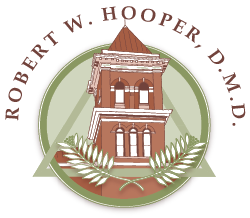 Bruxism
Bruxism
Bruxism is the technical term for grinding and clenching of the teeth that can cause facial pain. Because it usually occurs during sleep, it can go unnoticed for years.
Common symptoms of bruxism include headaches, tired or sore facial muscles, and cracked or sensitive teeth.
- Bruxism is commonly associated with stress, but can be related to sleep disorders or a poor bite (as a result of multiple missing or crooked teeth).
- Repetitive grinding or clenching can lead to severe wearing of tooth enamel. The bite changes dramatically with this type of wear, and may require extensive restorative procedures to correct. Facial features may also be affected; shorter teeth make the chin appear to have receded, and the lower lip to look thinner.
Nightguards
Nightguards (or mouth splints) are custom-fitted plastic appliances that are worn over the teeth to protect them from damage due to bruxism. They are also sometimes recommended as part of muscle-joint therapy to treat dysfunctional jaw joint (TMJ) movement.
As part of your complete dental examination, Dr. Hooper will evaluate both jaw joints and each tooth surface to observe for signs of distress and address any problems as needed to keep to your teeth and jaw joints healthy and pain-free.
- If you are diagnosed as a bruxism sufferer, Dr. Hooper will work closely with you to arrive at a treatment therapy to alleviate your symptoms and help uncover any related conditions, such as sleep apnea disorders.
Have you been told that you grind or clench your teeth?
Contact us to help you get a good night's sleep again.
